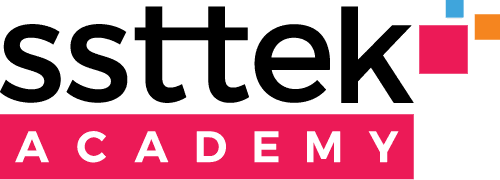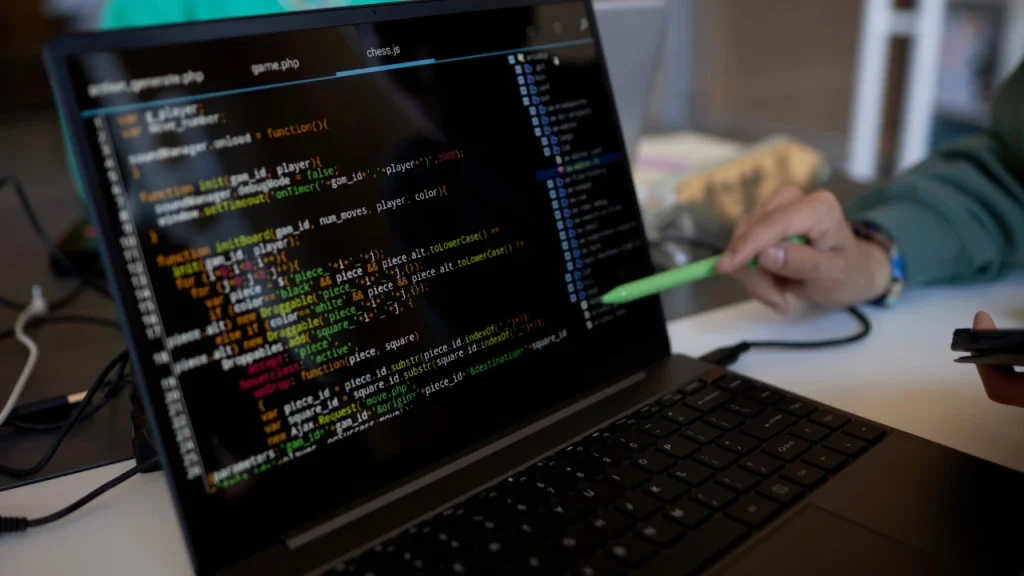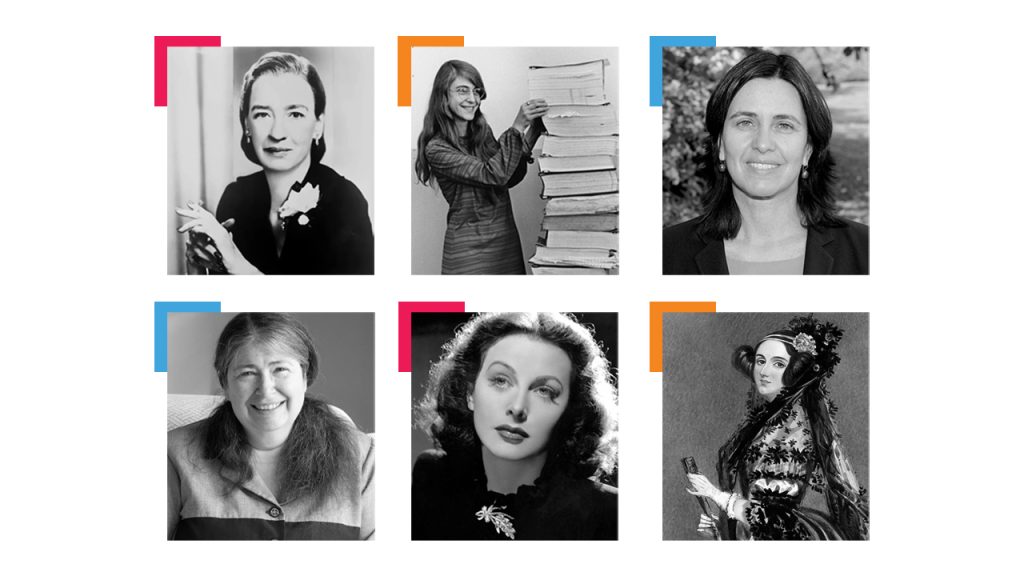The term “product owner” is so intangible for a job title that it is hard for many people to get what that role entails. Even people who have been working at software companies may not know what product owners really do. So, let’s dig deeper and learn who a product owner is.
In the broadest terms, a product owner is responsible for the completion and success of a software project. Understanding the expectations of the end-users, a product owner translates them into actionable tasks for the development team as well as managing and optimizing these tasks.
Product owners serve as a bridge between the stakeholders and the development team, playing a crucial role in determining and prioritizing the features of a product. Therefore, they are the primary people to contact in order to identify the product requirements for the development team.
Product Owner vs Product Manager: What Is the Difference?
The primary difference between a product owner and a product manager is that a product owner manages the product backlog—a dynamic list of features, tasks, and improvements, represents stakeholders, and helps the development team stay aligned with the product roadmap. The product manager, on the other hand, is more focused on overarching duties, such as developing product strategies, specifying requirements, and collaborating with other departments.
Responsibilities of Product Owners
Though the responsibilities of a product owner depend on the product, there are some key roles and responsibilities that are mostly common.
Managing the Product Backlog
One of the most important responsibilities of a product owner is to create, prioritize, and maintain the product backlog.
Serving as a Liaison Between Product and Development
A product owner should serve as a bridge between stakeholders and the development team by ensuring a clear understanding of requirements, expectations, and priorities.
Translating Strategies into Tasks for the Development Team
Being solution-oriented is the key for product owners. So, the previous matter lies in successful translation of strategies derived from stakeholders’ queries into tasks for the development team.
Learning the Market and Customers’ Needs
Being adaptable to changing priorities, market conditions, or customer’s needs is crucial. Product Owners need to pivot when necessary to maximize product success.
Staying Accessible to Development to Answer Questions
A product owner is the first go-to person for questions about the project. Remaining accessible to the development team to address queries and provide clarifications during the development process is a major role of a product owner.
How to Become a Product Owner?
You can acquire a solid education in product management and ownership through bootcamps and certifications to become a product owner. However, besides technical knowledge and problem-solving abilities, you should also develop your skills in communication, stakeholder management, and project coordination fields.



